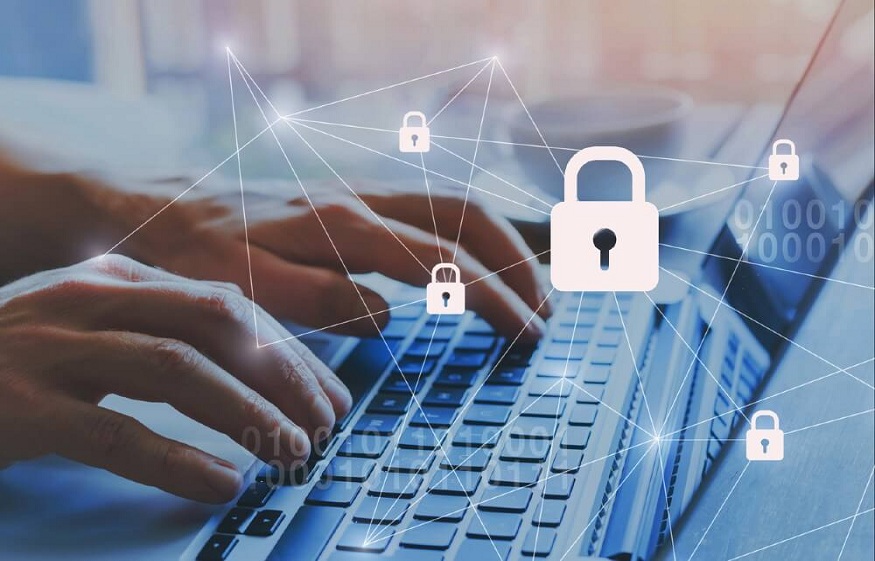Thanks to endpoint security, desktops, laptops, and mobile devices are all safe from bad actors and campaigns. Endpoint security can protect both network and cloud-based endpoints from attacks from bad people. Antivirus programs have come a long way in protecting users from modern malware, such as zero-day attacks, which were once impossible to stop. Nation states, hackers, organized crime, and both malicious and accident-prone insiders can all pose a threat to businesses. The cloud-managed endpoint protection is often where businesses start when trying to protect their networks.
Endpoint security needs to be tightened because cyber threats are getting more complicated. Attacks can now be found, analyzed, blocked, and stopped by technology before they reach the endpoint. Administrators who want to reduce the time it takes to find and fix problems must have access to information about advanced threats. This can only be done if they all work together and take other security measures.
Different ways to defend each device
Endpoint security is put in place to protect information and processes on networked devices. Endpoint protection platforms look at the data that comes in (EPP). Modern EPPs store their threat data in the cloud so that their endpoints don’t get too big, and they don’t need as much maintenance to keep their databases up to date. Speed and scalability are improved when data is easy to get to in the cloud.
With the EPP, system administrators can manage the security of devices from afar using a single interface hosted on a network gateway or server. Each device has its client software, which can be made available as a hosted service and managed centrally or downloaded, installed locally, and managed by a small team. Once the endpoint is set up, the client program can send out updates, check users’ identities when they log in, and enforce the policy. With the help of an EPP, data loss can be avoided because applications can be managed and encrypted at the endpoint. It is ideal if you get It managed support services. Here are a few examples of endpoints:
- Endpoints can be anything from tablets and smartwatches to ATMs, printers, and even implants. Due to the rise of “bring your own device” and “internet of things” policies, a company’s network could eventually connect thousands and thousands of devices.
Attackers love to get their hands on endpoints, especially mobile and remote devices because they are full of holes and viruses. Gadgets connected to the Internet of Things include wristwatches, devices that can recognize your voice, digital assistants, and so on. Cars, planes, hospitals, and oil rigs all have linked sensors. Security for endpoints has changed as endpoints have changed.
Interfaces that are very important for safety
Endpoint security software by a managed it company is made up of a few different parts:
- Machine learning is used to classify zero-day threats in almost real-time.
- Protection against malware and virus attacks on a wide range of endpoint devices and operating systems
- Keeping your name and personal information safe online
- Classification and prevention of data loss and leaks
- The firewall protects a network from any possible threats.
- With a secure email gateway, you can protect your employees from phishing and social engineering.
- Protection against malicious and accidental actions by people on the inside Analysis of threats quickly to find infections
- Centralized endpoint management makes things more transparent and makes things run more smoothly.
- Information loss can be stopped by using encryption at the endpoint, while in transit, and on storage media.



